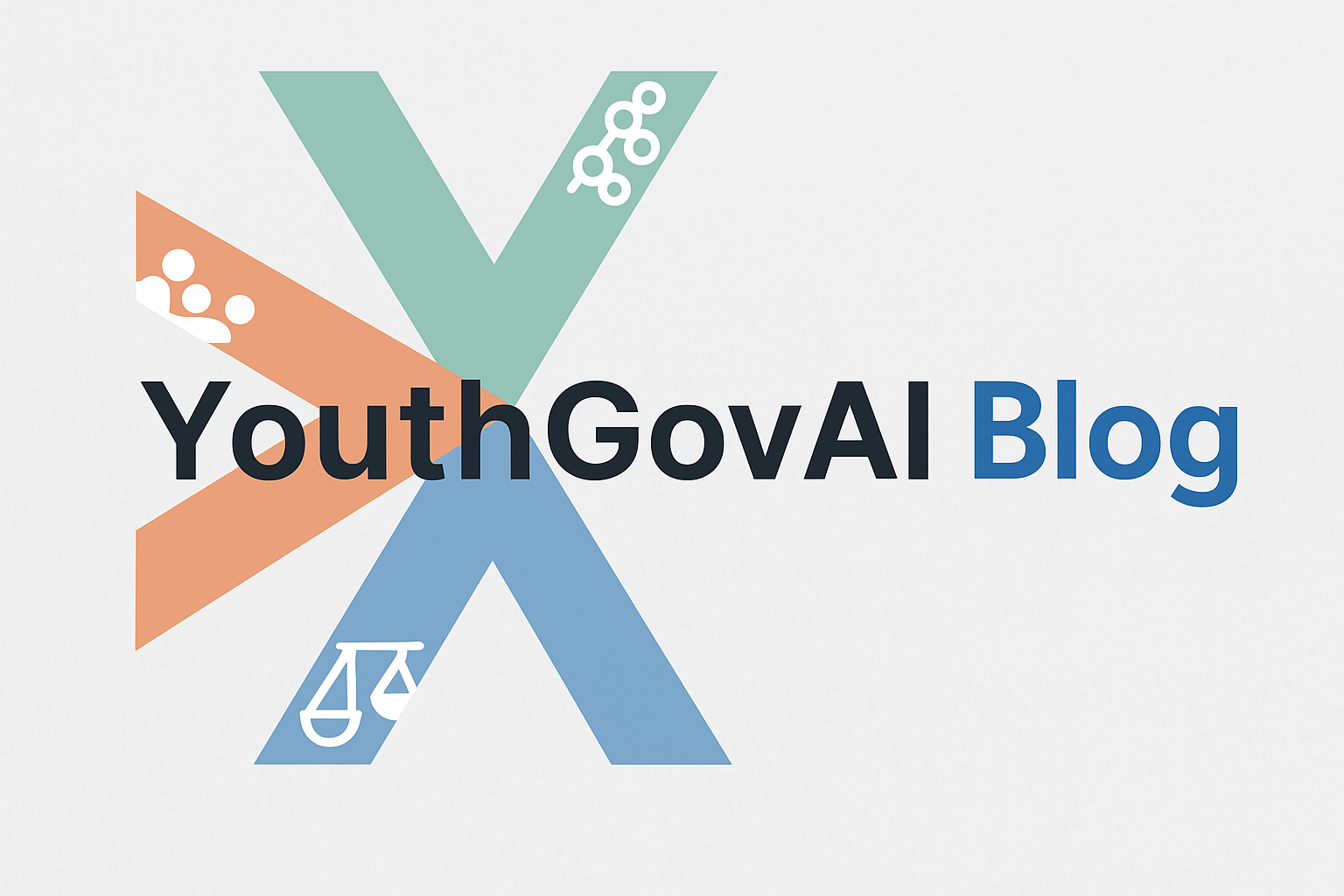On the 28th of April and the 10th of May, the YouthGovAI project reached out to 20 participants, including youth, tech experts, policy makers and educators of formal and non-formal education, to discuss about youth’s knowledge and attitudes towards AI as well as opportunities and challenges about its use and youth’s engagement in discussions on AI Governance.
What we learnt:
Raising Awareness
Young people appear very familiar with the use of AI applications in their daily life, including school life, mentioning, for example, the use of specific AI tools to prepare their assignments. However, this doesn’t necessarily mean that awareness levels regarding how AI functions are high.
Due to this assumption, most youth seem extremely interested in learning things about AI and its functions as well as how AI affects our societies and our lives. However, they often do not find the space and the way to express their concerns and approach the knowledge.
“Raising awareness is key. We need to discuss what is behind it; learn how it functions, be aware of AI’s environmental imprint, ethical issues and ‘invisible’ labor.’’
The creation of an AI Literacy platform which will be designed in a friendly and attractive way for users, encouraging the interaction among them, could be an option. The platform could offer:
- multimodal materials (e.g. video, games, exercises, hands on activities, research activities, etc.)
- relevant literature
- suggested micro-lessons tailored to each individual course (e.g. including AI apps and frameworks for teaching literacy, mathematics, etc)
- an open space for discussion in the field.
Inclusivity in AI Governance Discussions
Despite being extremely interested in learning about AI (i.e., how it functions, how it affects our societies and daily lives) youth are raising concerns regarding their active participation in decision-making and planning about the AI use. Without the necessary space to express themselves, students feel excluded; their thoughts and needs unheard.
“There must be room for dialogue regarding AI and meaningful exchange between real persons/potential participants and users even in online spaces.”
‘’It is very important to participate in the AI decision-making process, as it is something that directly affects us, and unfortunately we did not realize how much it affects us.’’
Engagement and AI Literacy
Youth and educators alike need to learn how to creatively use AI. Through the effective integration of AI literacy courses in the national curriculum (individually or as part of different lessons) at all educational levels, the creative uses of AI should be stressed and encouraged.
“AI literacy courses should be included in the curriculum at all educational levels, starting from kindergarten and ending at university, adapted respectively according to the educational needs and perceptual abilities of students at each level.” At the same time, official institutions (i.e. Ministry of Education, Religious Affairs and Sports) should promote educational activities/awareness campaigns for young people and educators as well. There is a need for a holistic review of the educational process, which should be done in a systematic and substantial way by the competent body in order to have a massive and substantial impact.
